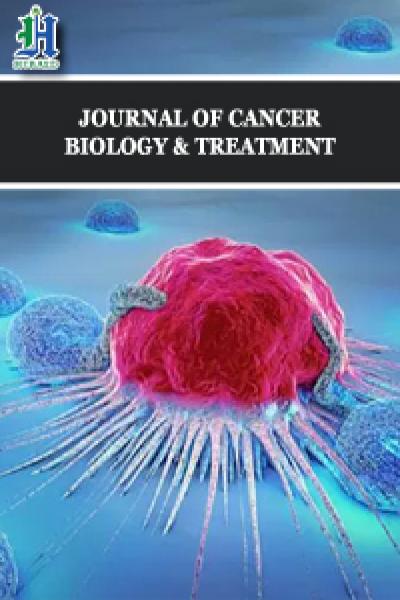
Cancer Risk Assessment
Cancer risk assessment involves evaluating an individual's likelihood of developing cancer based on genetic, environmental, lifestyle, and medical factors. It is a crucial component of preventive oncology and precision medicine. Risk stratification enables the identification of high-risk populations who may benefit from early screening, lifestyle interventions, or prophylactic therapies. Genetic predispositions, such as BRCA1/2 mutations are assessed through molecular testing and family history analysis, while modifiable risk factors include smoking, diet, exposure to carcinogens, and infections.
Tools such as polygenic risk scores, clinical prediction models, and imaging techniques assist in risk evaluation and early detection. Advances in genomics and data analytics are improving the predictive power of risk models, allowing for more personalized prevention strategies. Cancer risk assessment also plays a key role in treatment planning and survivorship, particularly in determining the risk of recurrence or secondary malignancies.
Cancer Biology and Treatment encourages research that refines risk assessment methodologies, integrates novel biomarkers, and explores population-based screening strategies. We are particularly interested in studies that address disparities in cancer risk and access to care, as well as those that enhance precision prevention in diverse global populations.

